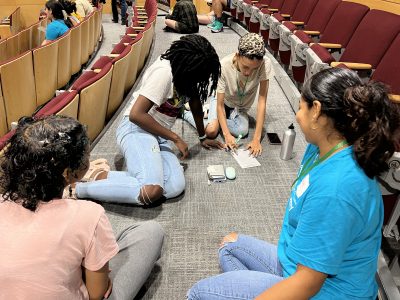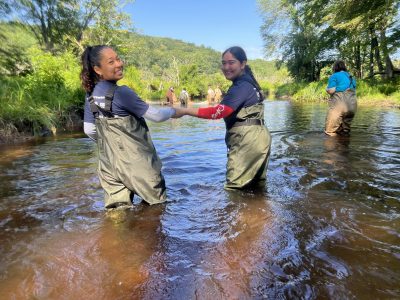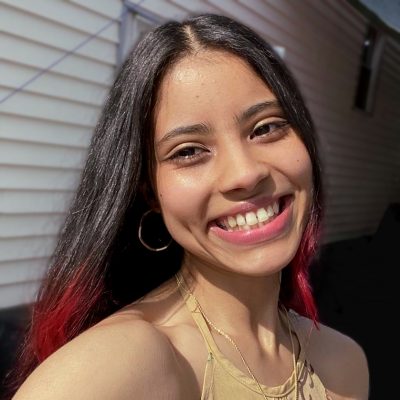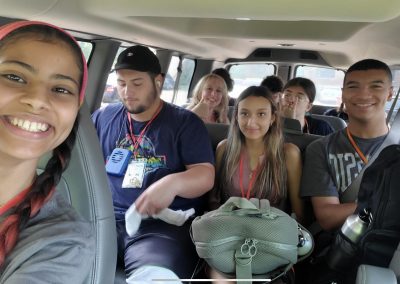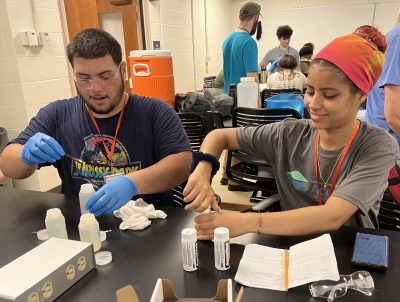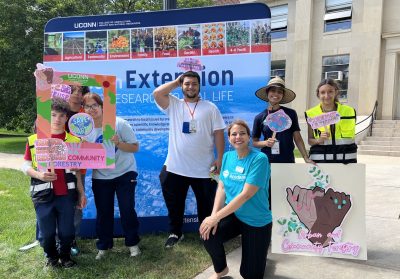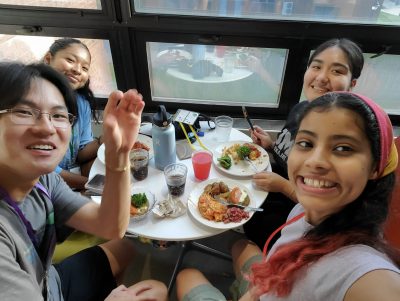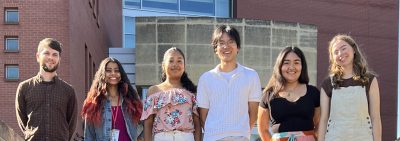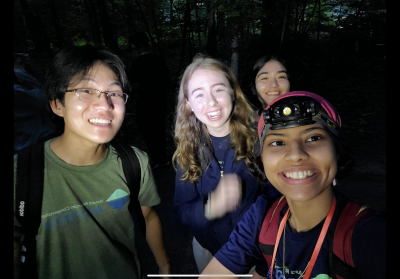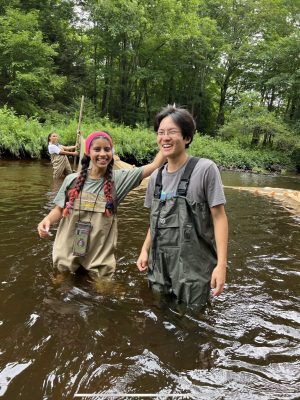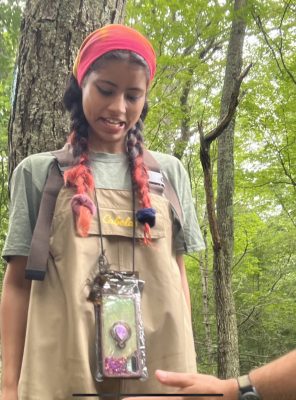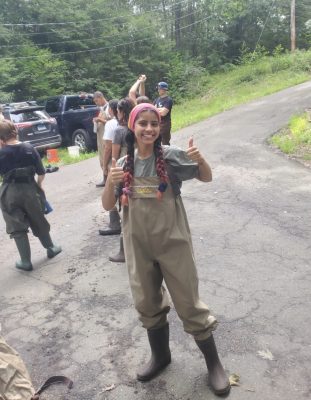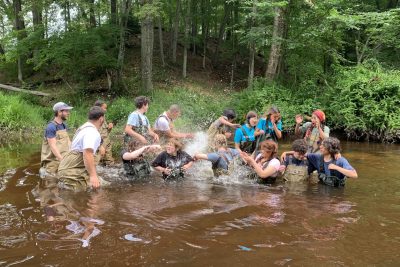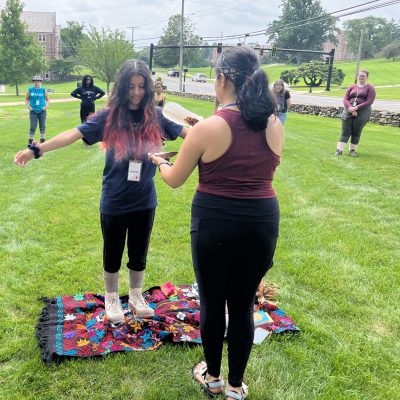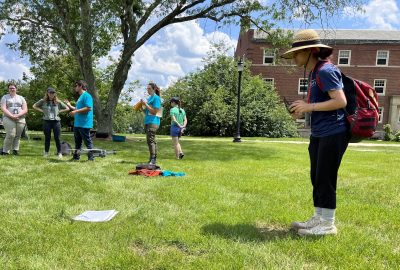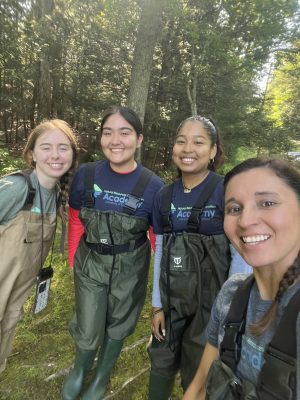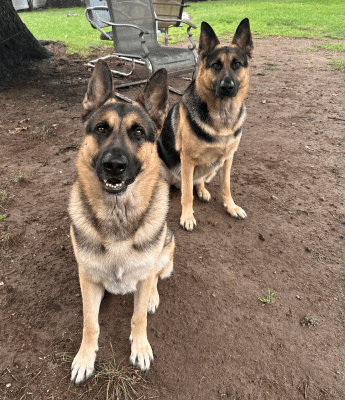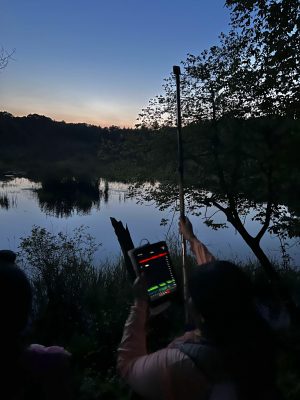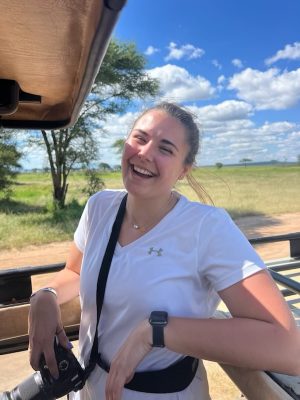
Hiya everyone!! My name is Julianna Service and I am one of the Difference Maker Mentor (DMM) in the NRCA for the 2024-25 year! I just graduated in May ’24 from UConn with a dual degree of a B.S. in Allied Health Sciences with a minor in Molecular and Cellular Biology and a B.S. in Nutritional Sciences. Now, I am a graduate student in the School of Public Policy studying Leadership and Public Management. My long term career goals are to work in One-Health – the interdisciplinary interactions between animal, plant, and human health – focusing on health policy.
As a traditionally public health focused individual, I am super excited to bring a different perspective to the program, learn more about the environment, and be a part of guiding my student mentees through their own socioenvironmental community intervention programs. Seeing my cohorts’ passions for the environment and world health inspires me to keep working towards my goals and makes me optimistic to see all of the incredible change that the next generation of students will bring.
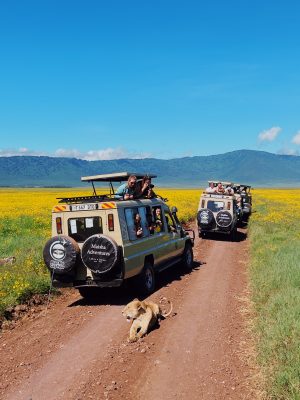
Last summer I had the chance to travel to Tanzania and work in a local hospital in the city of Arusha. While that was more public health and clinical treatment focus, I also spent part of my trip on an immersive 3-day safari. The experience was immaculate to say the least. Being able to see all of the wildlife in their natural habitats made me feel a profound amount of appreciation for the Earth and the world we live in. When the cultural differences and prioritization of nature and personal fulfillment factored in, I came back to UConn with a new spark and passion to investigate the intersection of plants, animals, and humans.
This summer I got to step into environmental conservation and had the opportunity to work at a turtle sanctuary in Ambalangoda, Sri Lanka. It was a remarkably unique experience caring for the turtles, being able to see the daily efforts that go into rehabilitation, and learning about what conservation looks like on the other side of the world. I was especially lucky to have been in Sri Lanka and been a part of the release of a three-year old female turtle named Bubba. After my time there, I came back rejuvenated and excited to dive into environmental conservation as a DMM.
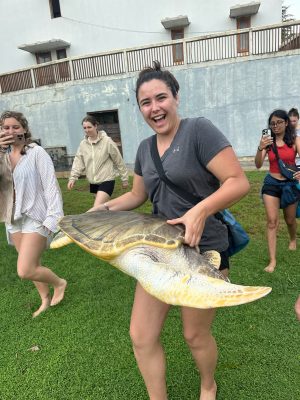
Outside of my role as a DMM and a student, a big part of my life revolves around community service – after all, it is in my name. I am a co-director for a club on campus called Honors Across State Borders (HASB) where I coordinate and plan an alternative spring break trip for 50 undergraduates students. During the trip we travel to a different state and work with a local Habitat for Humanity Chapter along with other surrounding non-profit, service-driven organizations. A large focus falls not only on the physical work that we perform, but also on the educational and reflective parts of acknowledging our privileges while addressing various systemic socioeconomic issues that many Americans face.
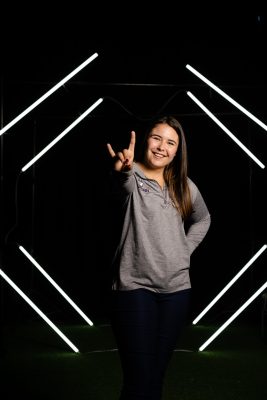
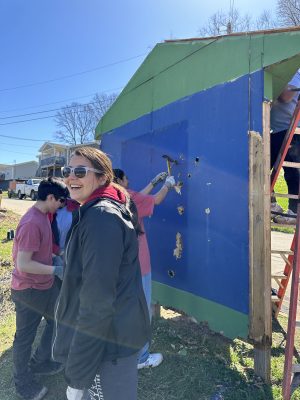
In my free time, I enjoy watching sports, especially UConn Athletics and Women’s Volleyball in particular, as I worked for the team as part of my undergraduate career. I also look forward to a good puzzling moment or paint-by-number while binge-watching a show on Netflix.
Overall, my experience at UConn has been one that drives me to pursue my interests, explore related fields, and grow as not only a student, but an individual as a whole. I am really excited to continue my time here this year and work as a Difference Maker Mentor through the NRCA to help encourage students to continue into the environmental industry and foster a positive environment that leaves a lasting impact for this year’s cohort!
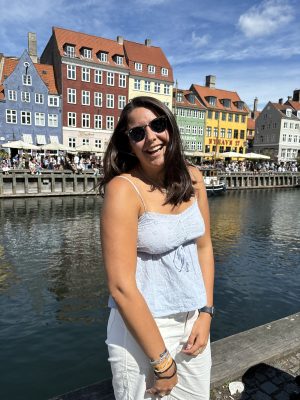
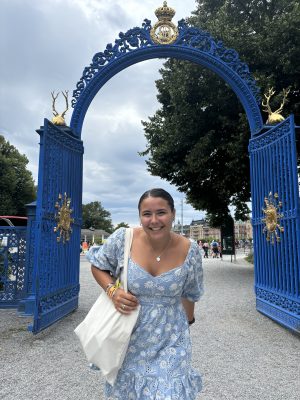
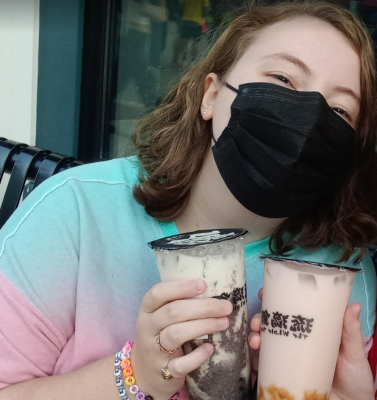

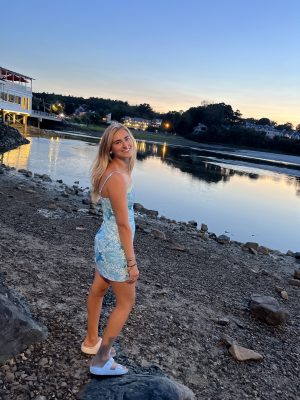
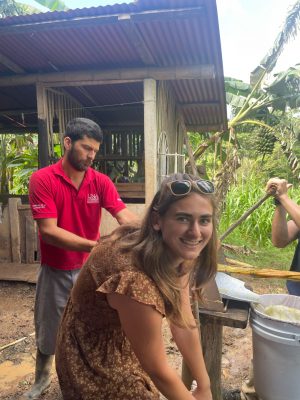
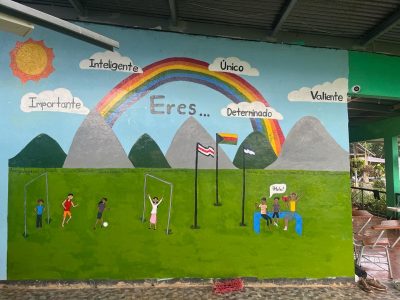
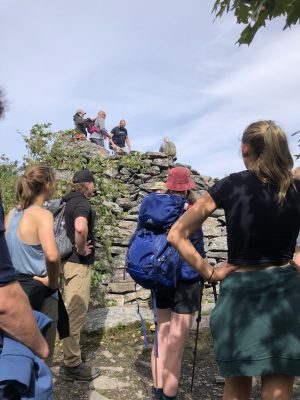
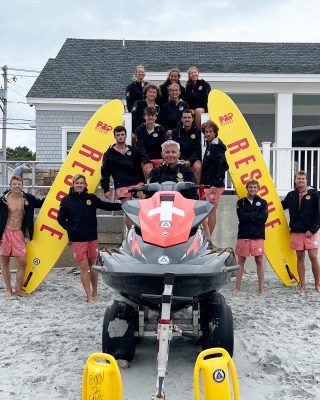
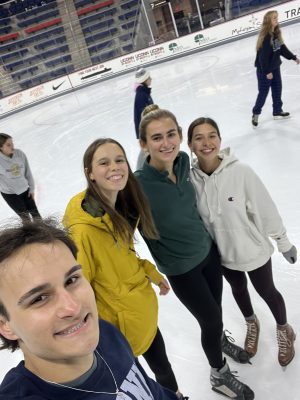
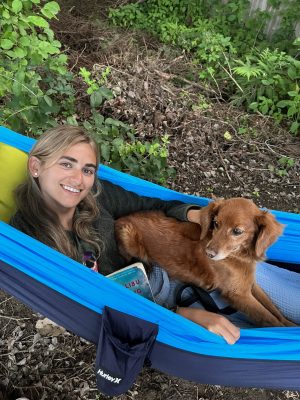
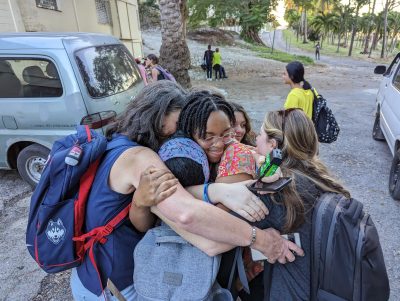
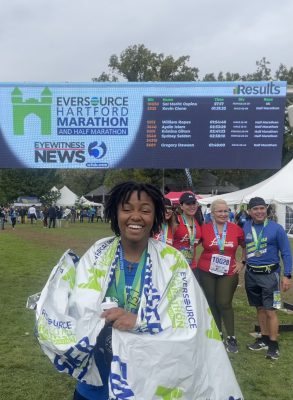
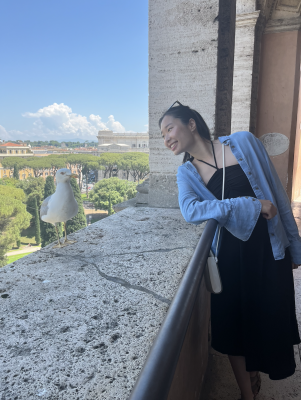
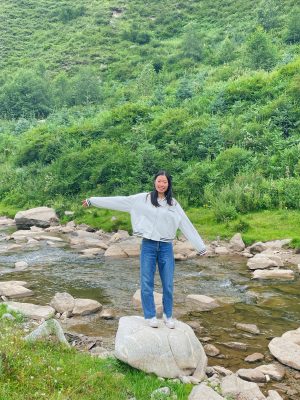
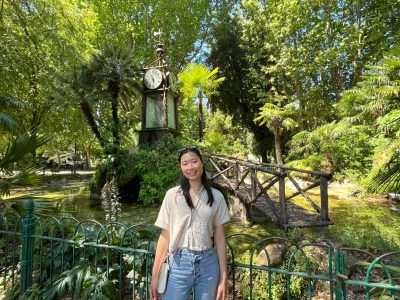
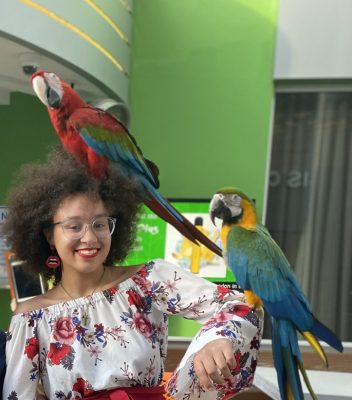
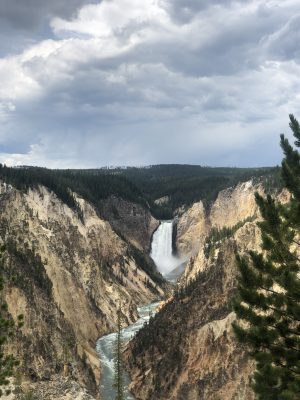
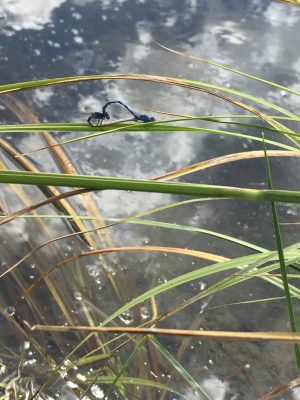
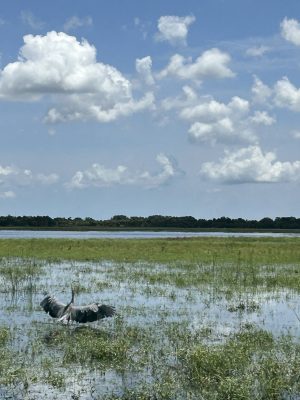
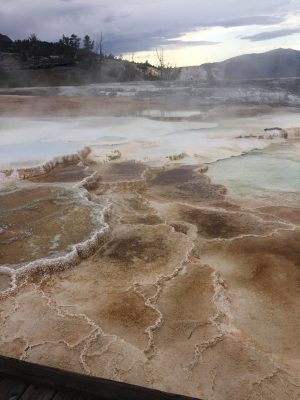
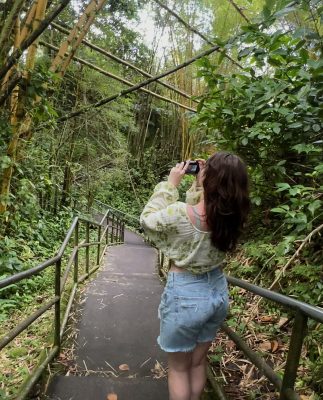 gered species, specifically treefrogs.
gered species, specifically treefrogs.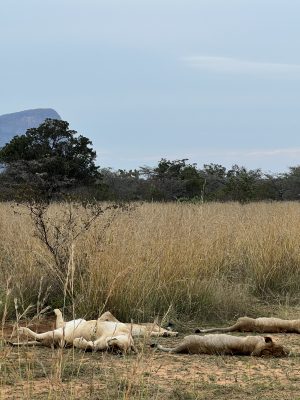
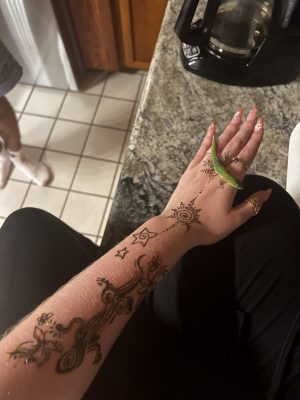
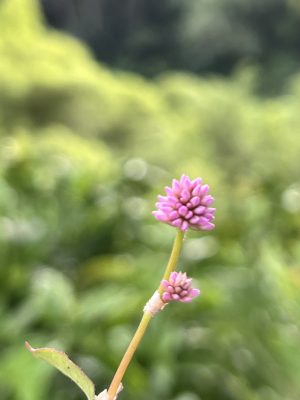
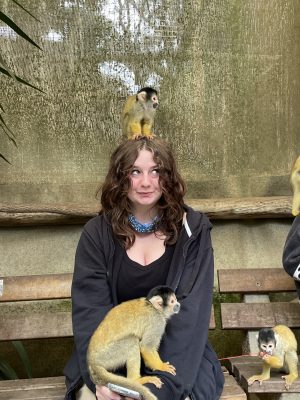
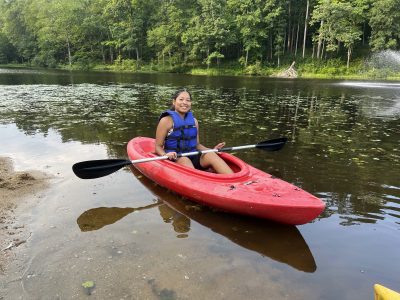
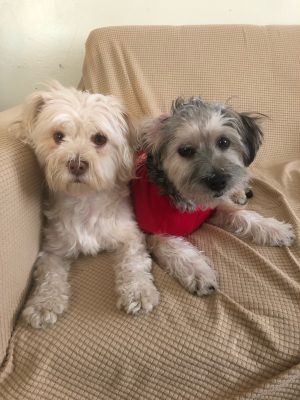 Caiman and a cockatoo named Bella. When I’m not working or studying, I love to go out and try new things, especially dishes. Recently, driving up to New York has been one of my favorite things to do with family or friends. I love to be out and discover new things. So for a change I wanted to go out and try som
Caiman and a cockatoo named Bella. When I’m not working or studying, I love to go out and try new things, especially dishes. Recently, driving up to New York has been one of my favorite things to do with family or friends. I love to be out and discover new things. So for a change I wanted to go out and try som